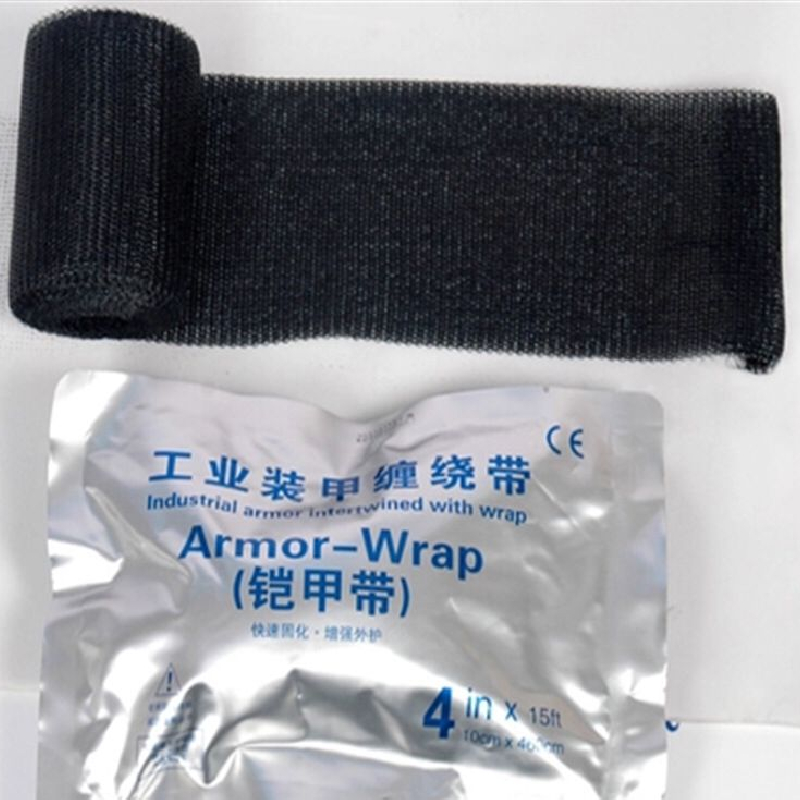Understanding Butyl Sealing Tape A Comprehensive Guide
When it comes to sealing applications in various industries, one material stands out for its versatility and effectiveness butyl sealing tape. This remarkable adhesive tape is widely used in construction, automotive, and manufacturing sectors, owing to its superior adhesive properties and flexibility. In this article, we will delve into the characteristics, applications, benefits, and best practices of butyl sealing tape.
What is Butyl Sealing Tape?
Butyl sealing tape is a type of adhesive tape made from a synthetic rubber called butyl. Known for its excellent sealing capabilities, it is often used to create airtight and watertight seals. The tape is typically black, although it can be produced in various colors depending on the application and manufacturer.
Characteristics of Butyl Sealing Tape
1. Adhesive Strength One of the primary features of butyl sealing tape is its strong adhesive properties. It sticks well to a variety of materials, including metal, wood, glass, and plastics, making it suitable for various applications.
2. Elasticity and Flexibility Butyl tape is highly elastic, allowing it to stretch and conform to surfaces. This is essential for creating effective seals, especially in situations where surfaces may not be perfectly flat or the substrate may expand and contract due to temperature changes.
3. Weather Resistance Butyl sealing tape offers excellent resistance to weather conditions, making it ideal for outdoor applications. It can withstand exposure to UV rays, rain, and extreme temperatures without losing its adhesive properties.
4. Chemical Resistance This tape is also resistant to many chemicals, solvents, and oils, further enhancing its utility in industrial applications.
5. Aging and Aging Resistance Butyl sealing tape has a long shelf life and maintains its properties over time, making it a reliable choice for long-term projects.
Applications of Butyl Sealing Tape
The applications of butyl sealing tape are vast and varied. Here are a few prominent uses
- Construction It is widely used in roofing applications to seal joints and gaps, preventing water leaks. Butyl tape is also used in windows and doors to create an airtight barrier that enhances energy efficiency.
- Automotive In the automotive industry, butyl tape is utilized to seal and bond various components, such as windshields and body panels. Its ability to withstand vibrations makes it ideal for automotive applications.
butyl sealing tape

- Manufacturing Various manufacturing processes employ butyl tape, particularly in assembling parts that require a strong, durable seal.
- HVAC In heating, ventilation, and air conditioning systems, butyl sealing tape is used to seal ducts and joints, ensuring efficient operation and preventing air leaks
.Benefits of Using Butyl Sealing Tape
1. Cost-Effectiveness Because of its durability and effectiveness, butyl sealing tape proves to be a cost-effective solution in the long run. It requires less maintenance and reduces the likelihood of costly repairs due to leaks.
2. Ease of Use The application process for butyl tape is straightforward. It is easy to cut and apply, making it accessible for both professionals and DIY enthusiasts alike.
3. Environmentally Friendly Many butyl tapes are manufactured without hazardous solvents, rendering them more environmentally friendly compared to some alternative sealing products.
4. Versatile With its adaptability across a range of settings and materials, butyl sealing tape is a versatile tool in the toolbox of contractors, manufacturers, and repair technicians.
Best Practices for Application
To ensure the maximum effectiveness of butyl sealing tape, consider the following best practices
- Surface Preparation Clean the surfaces thoroughly to remove any dirt, dust, oil, or moisture. A clean surface promotes better adhesion.
- Temperature Considerations Butyl tape works best in moderate temperatures. Avoid applying in extreme heat or cold as this can affect adhesion.
- Apply with Pressure After placing the tape, apply consistent pressure along the length of the tape to ensure strong adhesion.
Conclusion
Butyl sealing tape is an exemplary solution for creating strong, durable seals in a variety of settings. Its weather resistance, adhesive strength, and versatility make it a favorite among professionals across multiple industries. Understanding its properties, applications, and best practices not only enhances its effectiveness but also ensures the longevity of any project that incorporates this remarkable sealing tape. Whether you are sealing a roof, assembling automotive components, or improving energy efficiency, butyl sealing tape is a reliable choice that won't let you down.
-
XIANGFAN Rubber Tape-Ultimate Solutions for All Your Insulation NeedsNewsJun.24,2025
-
XIANGFAN Rubber Tape-Protection for Industrial and Residential ApplicationsNewsJun.24,2025
-
XIANGFAN Rubber Tape: Superior Safety and Sealing for Demanding EnvironmentsNewsJun.24,2025
-
XIANGFAN Rubber Tape: Reliable Solutions for Every Electrical ChallengeNewsJun.24,2025
-
XIANGFAN Electrical & Industrial Tape: Powering Reliability Across IndustriesNewsJun.24,2025
-
XIANGFAN Electrical & Industrial Tape: Excellence in Every ApplicationNewsJun.24,2025
